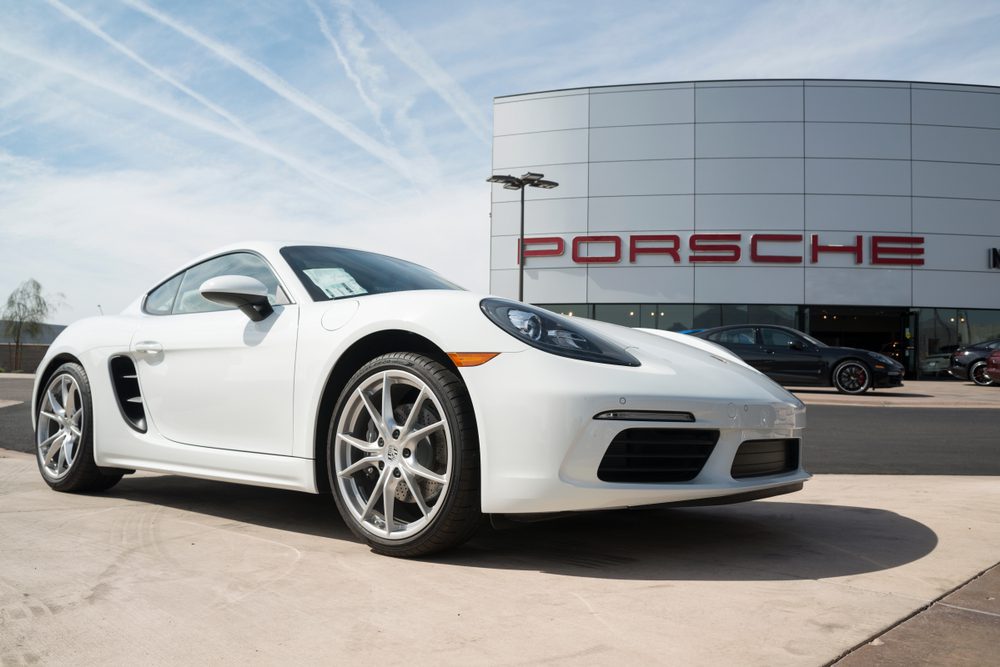Back in June, Cox Automotive economist Jonathan Smoke reported that the first half of 2019 was “marked by volatility” and the second half of the year would likely be worse. Economic growth has been expected to slow throughout the year and cause sales and revenue to decline; however, no true panic is setting in across the auto industry right now, as the most recent Cox Automotive report indicates that “no big scares are expected from the new-vehicle market in the U.S. this October.”


Good Car Bad Car reported that most auto brands did well throughout the month of October compared to September, including Kia, which rose 10.88% and Porsche, which rose 13.08%. Not-so-lucky contenders included Infiniti, which dropped 23.01%, and Hyundai, which dropped 10.99%. Year-to-date, Volvo and Subaru have reportedly done well, whereas Mini and Mazda have seen lower sales.
Overall, October is expected to see a slight decline in sales pace, as the seasonally adjusted annual rate (SAAR) is expected to drop to 16.9 million, which is 0.3 million lower than September sales and 0.6 million lower than October 2018 sales. Ankit Ajmera of Kitco News reported that research projects consumers will spend $38.8 billion on new vehicles throughout October 2019, which is $2.5 billion higher than October 2018.
Although sales volume is expected to increase, the SAAR is expected to decrease because this October has four more selling days than September and one more selling day since October 2018.
Cox Automotive reported that there may be stronger sales performance throughout October because incentive programs throughout the month “appear to be near record levels, and heavy discounts are likely rising to offset softening retail demand.” The recent press release projects that sales will increase around 7%.
Although the sales projection is positive, Cox Automotive’s report indicates that retail sales are expected to “remain weak” overall, as the United Auto Workers strike against GM will likely continue to disrupt the industry due to a potential drop in fleet volume. Ultimately, Cox Automotive reported that “the 40-day GM strike on October’s sales volume are difficult to quantify, but some decline is likely.”
Ford Motor Company recently took note of GM’s dispute and settled its own issues with the UAW before the group could strike against Ford, too.
Should sales drop, one major factor is the rising price of new vehicles, which is projected to exceed an average of $34,000 – a figure that is over $1,200 more than a year ago. Ajmera noted that “the rise in prices is partly due to the ongoing shift in demand toward more expensive trucks and sport utility vehicles,” which has been a trend for quite some time now. High and unstable interest rates also continue to plague the auto industry.
The continuing trade war may also impact sales, as the continuously changing tariff impositions and threats cause concern for many automakers, dealerships, and consumers. However, on November 3, U.S. Commerce Secretary Wilbur Ross announced that the U.S. has “had very good conversations with our European friends, with our Japanese friends, with our Korean friends, and those are the major auto producing sectors,” meaning new tariffs may be avoided.
Ultimately, although auto sales are hard to predict, experts agree that October’s numbers will likely not disrupt the industry.








